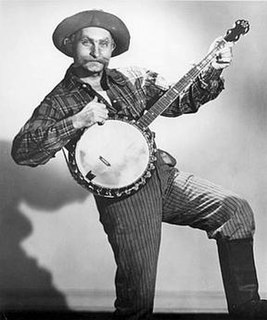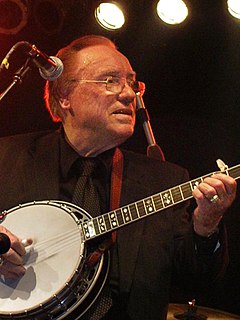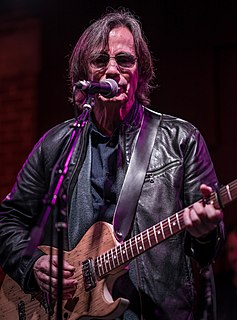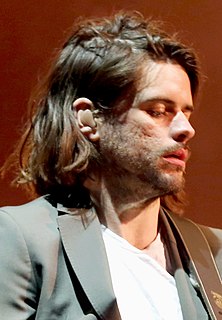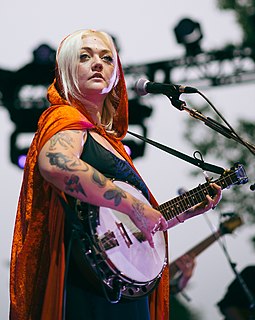A Quote by Grandpa Jones
The banjo am the instrument for me.
Quote Topics
Related Quotes
Earl Scruggs had this thing that it wasn't just the technique or even the instrument. It was him. There was this soulful quality that came through that made you - if you're somebody like me who was, I guess, supposed to play the banjo, it made you stop in your tracks, and you couldn't do anything until you got done hearing him play, and then immediately you'd have to go try and find a banjo.
I first heard the banjo on the Beverly Hillbillies, and from then on I was banjo-conscious. But I didn't actually get one until my grandfather gave me one, almost by mistake. He knew I was playing a little bit of guitar. He saw a banjo at a flea market and bought it. I took it home with me and just never put it down. I was fifteen.
It's horrible for someone to listen to someone learning any instrument - when I was first learning the banjo, I used to have to go out and sit in the car, and even in the summertime I'd have to roll up the windows. Because you just couldn't practice a banjo or a fiddle with other people around. Unless they're being paid.
